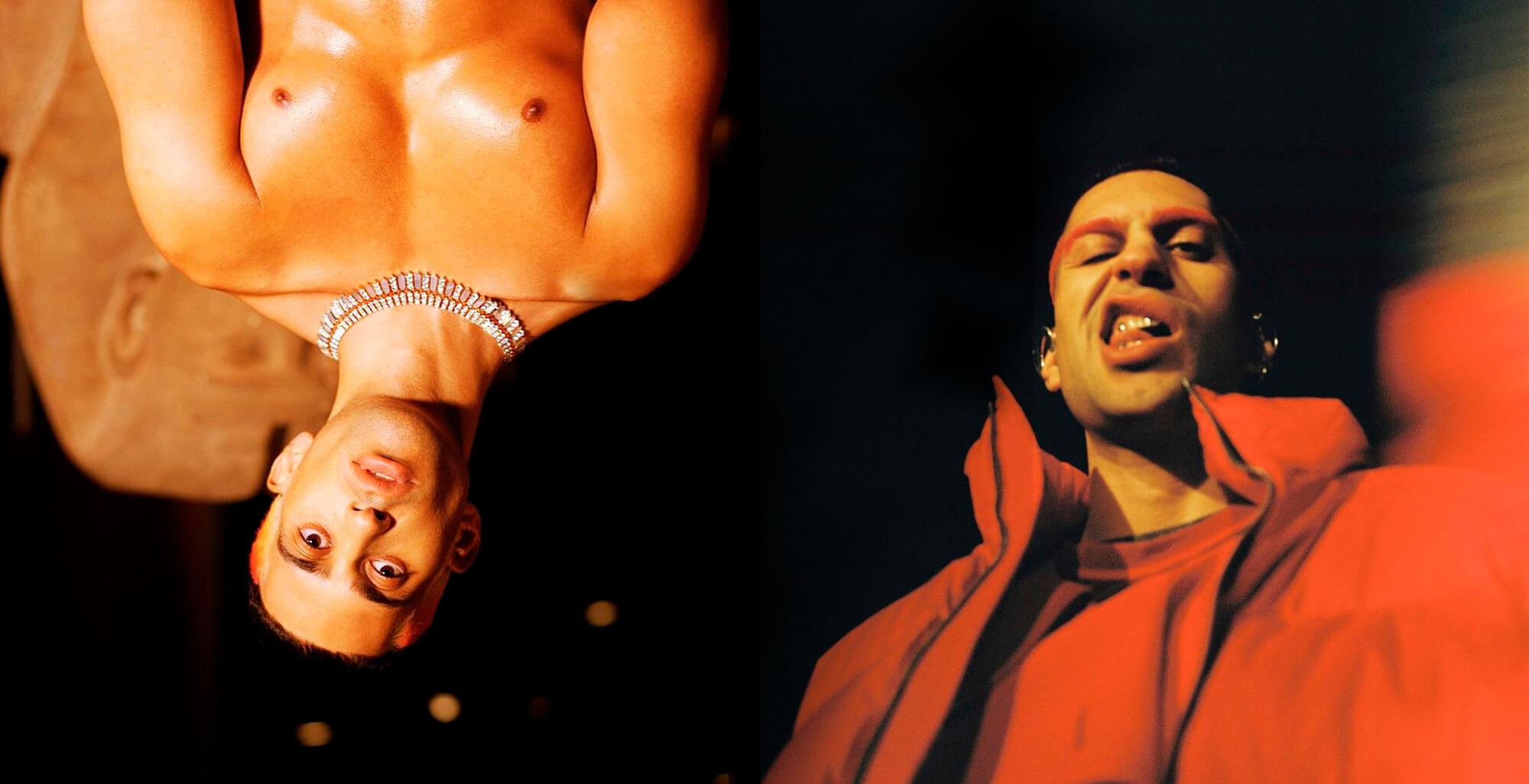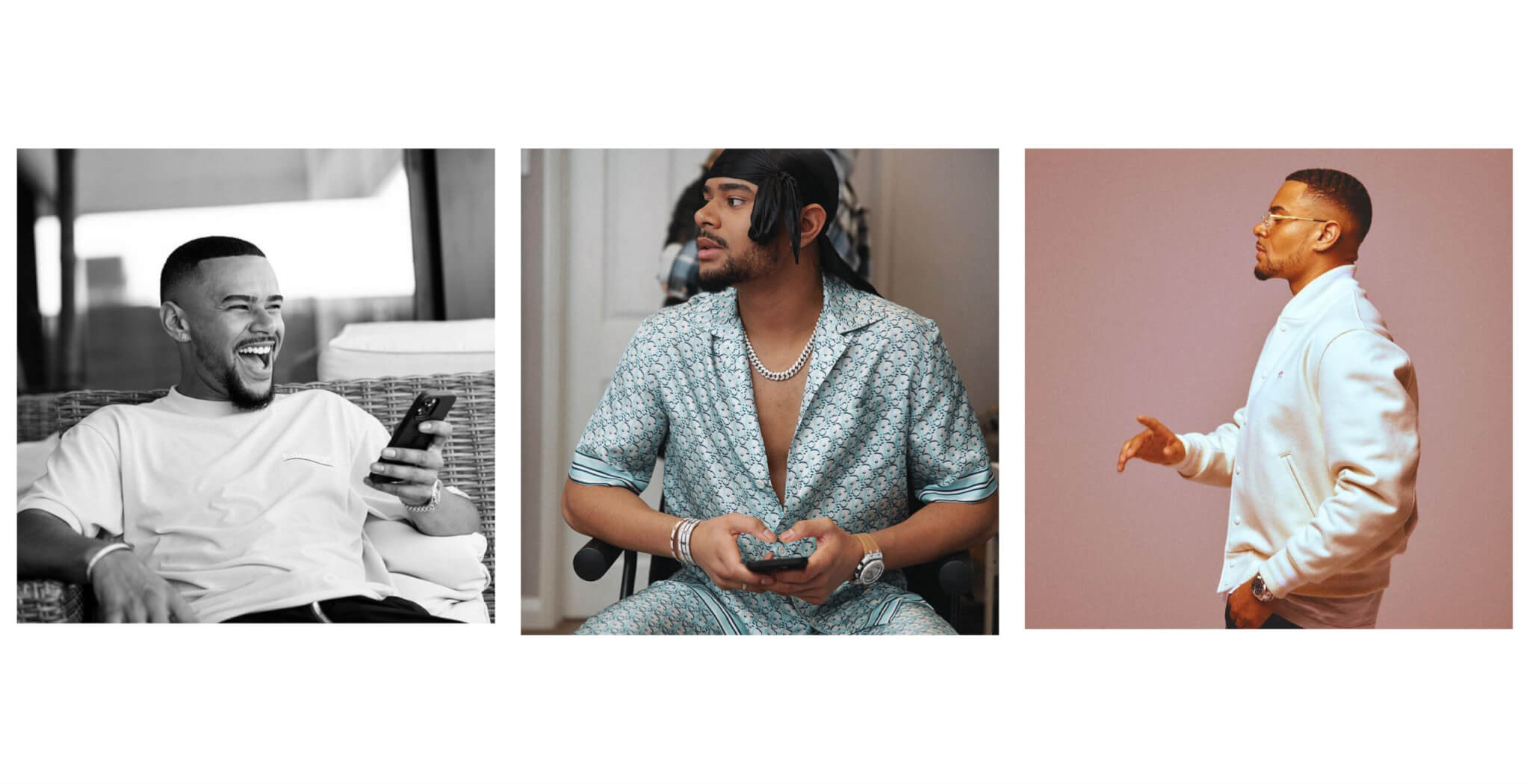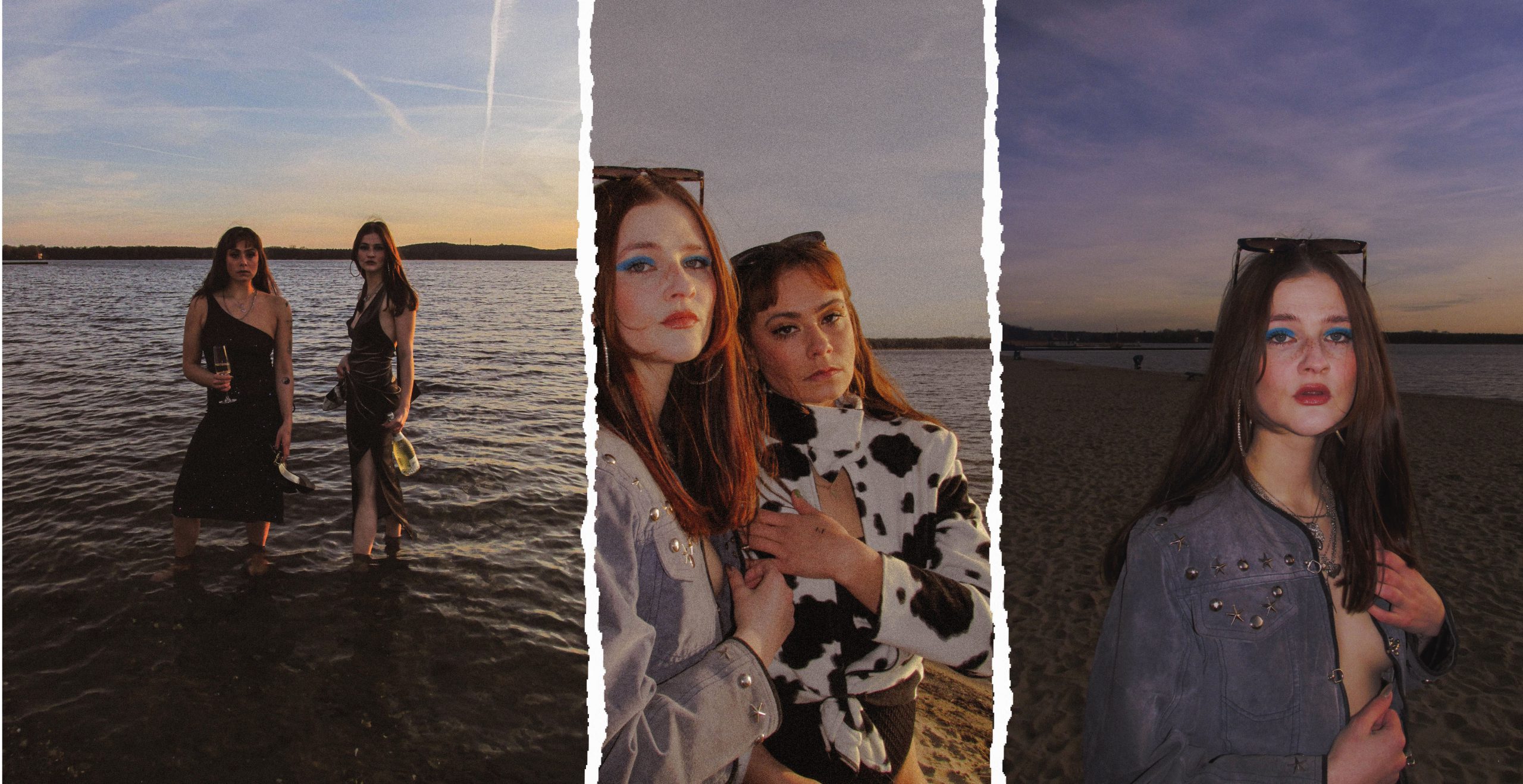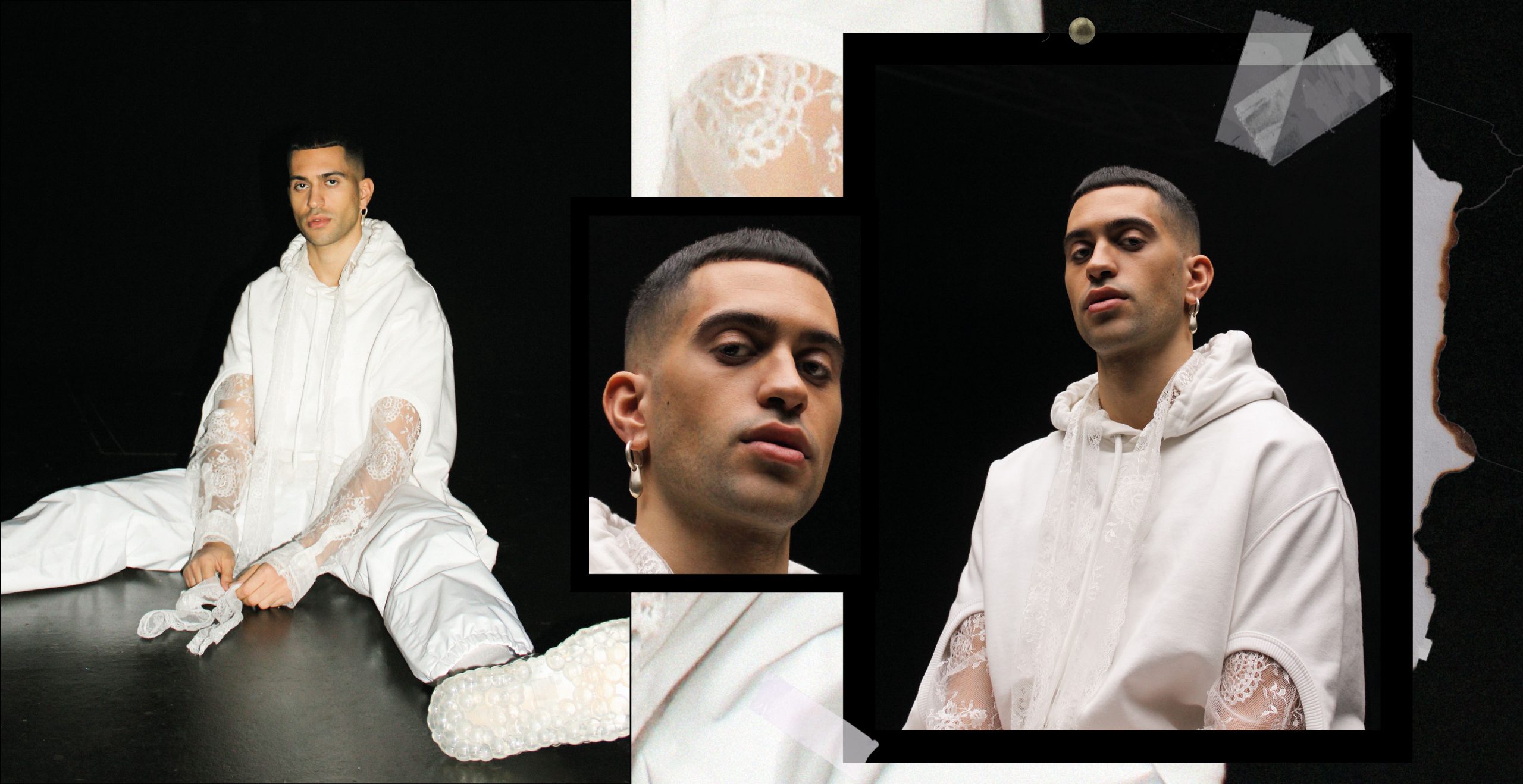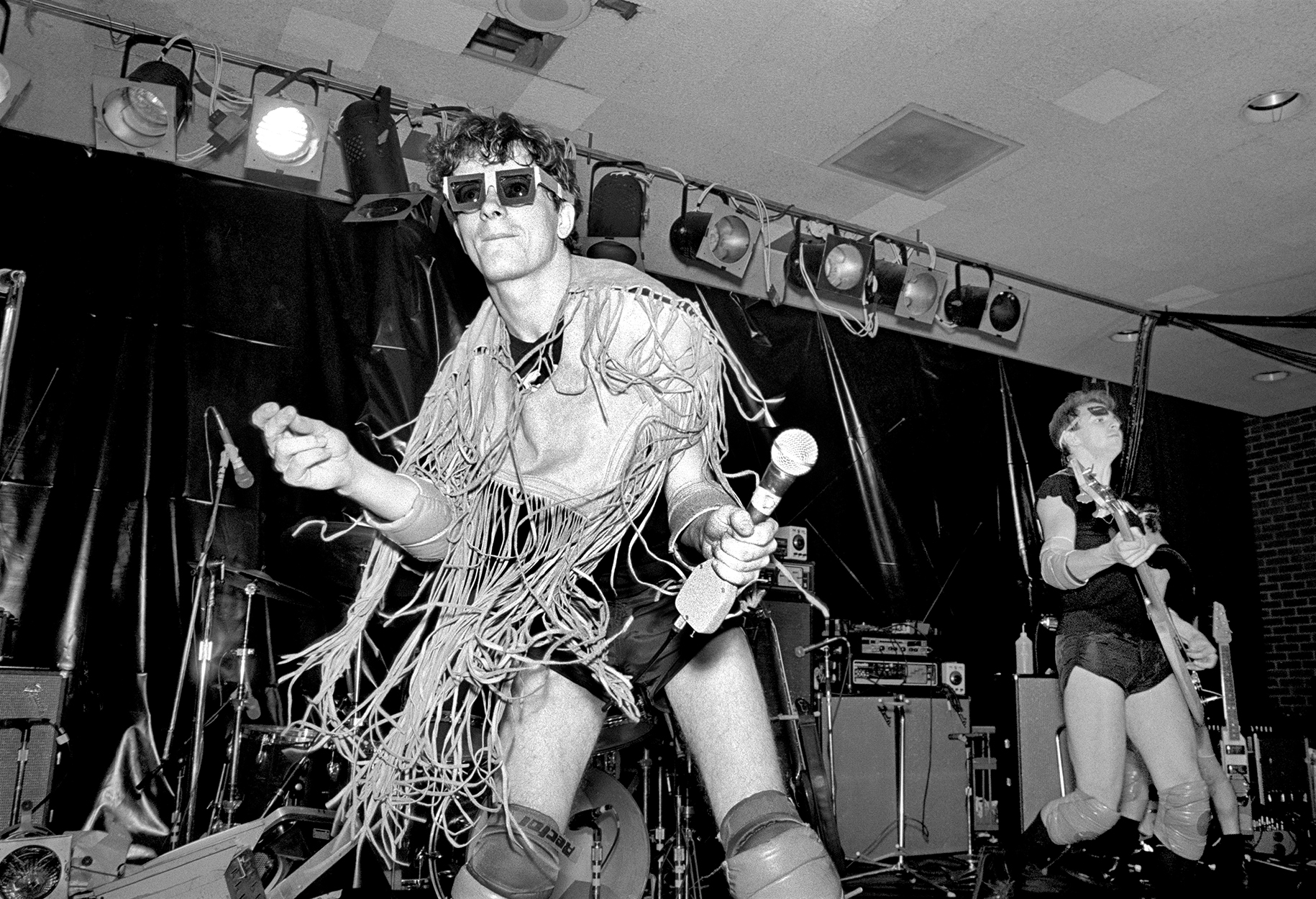Today, we have a special interview with returning artist Mahmood. The last time we spoke to this multi talented singer/songwriter was previous to this unexpected worldwide pandemic. Since then, Mahmood has written and created a project that is more than just an album.
In this interview, we get a closer and more detailed look into the meaning and message of his new album “Ghettolimpo”. Childhood influences from mythology and video games found its way into not only the visuals but the whole concept of this piece. With songs like “T’amo” for the first time we get a closer look into Mahmood’s Sardinien roots. Even the name of the album has a background that you might have been previously unaware of. But not to worry, all is revealed in TITLE’s exclusive with Mahmood himself.
Check out our previous interview Mahmood!
Since your last interview with us at TITLE, a lot of things have changed. We experienced a time that made us question the legitimacy of everything around us. Do you feel as though you have grown or changed as an artist since then? If yes, how?
I think yes because “Gioventù bruciata”, my last album, talked about my past, my roots. In this album, “Ghettolimpo” I speak of my last two years, my 27 and 28. In fact in this album there is a lot of travel because I started writing in it before Eurovision and for me it was simple to start writing this album while I was traveling. At the start of the pandemic my creation was blocked a little bit and I only wrote two songs. But in this album “Ghettolimpo” I put in all my passion and one of this is in the title Ghettolimpo. When I was 7 years old my mother bought me a giant book, a mythological dictionary, and I used to read a lot of the stories. I was crazy, I was a huge fan of mythological history and I started writing this concept quickly. I started putting in a comparison between something bad and the [present]. The myth that I prefer is Narcissus, which is the reason why I chose to put it on the cover of the album because the classic story of Narcissus is that he fell in love with his own image in the reflection of the water. But I tried to give another meaning. I look into the water but I see a distortion of my own image.
What do you miss the most about life before the pandemic?
I miss going dancing, a lot. I really love it because, mama mia, on the weekend it was super cool for me, go to my friends in discos and dance and wash away all the problems. So, these things I miss a little bit but I hope that in the summer some things will be possible to do because we are at a limit now.
Has performing fewer live shows changed or influenced the course of your musical journey?
The thing about this album is that when I wrote I was thinking about a concert because the construction of it starts with an intro and after that ‘Ghettolimpo’, and so on. So I think that people could understand this album more on stage because it’s created for this. I really wanted to start doing concerts because for me it’s the part of my job that I prefer. The contact with people is the most important.
Many artists struggled to stay creative in the past year. How did you cope with the isolation and potential creative drought? Have you experienced a halt in your drive and if so, what helped you get out of it?
It was so simple to find it again. Universal asked me if I wanted to write something in Tuscan in this giant studio in the middle of the green, the forest, the trees, and for me it was so suggesting to write there. And there in fact I started writing “Inuyasha”, and also “Talata” and “T’amo”. So for me it’s necessary to go in other parts, just not to stay at home because at home I’m so blocked. I had the luck to work in this studio to just close the album. The best way to write for me is travel.
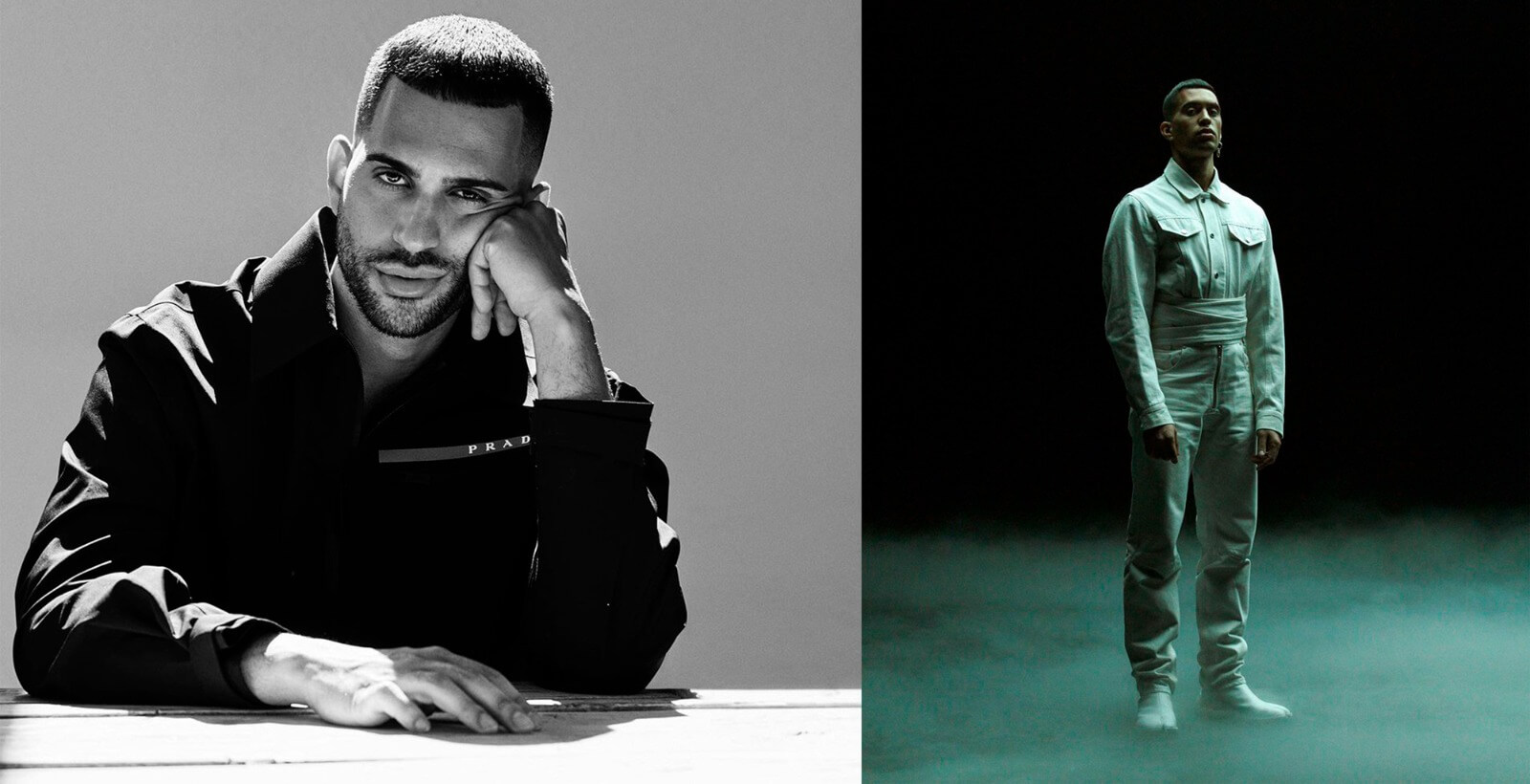
You mentioned you are always changing and growing, willing to learn new things. What would you say is your true identity at the moment?
I think that I’m changing, you know, it’s a passage. Also this album “Ghettolimpo” is a passage. I think that a lot of things that represent me in this moment are in this album because the things and songs that I wrote two years ago I listen to it today and I feel it, I feel represented by these songs. Doesn’t mean I’m like this also now, there are parts in this album that I’m also trying to change. For example, in relationships I’m not so good. In this period I have difficulties to understand when I’m in love or not in love because I think there are a lot of problems. When I think about problems a lot in my mind they block me from feeling emotions. I want to just be more free to close this album, close this promo, and after I want to also think about myself, my mind and my feelings. I think it is important to think about life and the future but if you are not calm and you don’t consider your feelings it’s more difficult, also to entertain a relationship with people.
What is the meaning behind your new album name “Ghettolimpo”?
With Ghettolimpo I wanted to describe a new word. A middle street between the highest things and the lowest, the “limpos” and the “ghettos”. In this word, people are not immortal or simply mortal, it’s just a middle thing because in these songs I talk about real life by making the comparison with mythology. For example, I took the comparison with Narcissus but I also talk about other myths in the album. And I love this title, it also sounds like sort of a new video game title and I think this album has a lot of this video game idea. I’m a huge fan of the Japanese world, of manga, anime, and I want to put all my passions in this album. One is mythology and one is the video game aspect, and I also connect the meaning of these things. We created one character for each song and one song is a level and these things from the video games I also put in the production. For example, I have three video game themes in the album, “Dorado”, “Kobra”, and “Talata” because the melody of these songs reminds me of the video game theme at the beginning. The melody of “Dorado” and “Kobra” remind me a lot of this word. I put something special in this word Ghettolimpo. It’s like a new word, a new video game word in which the true heros ar people.
What is your favorite video game?
Pokemon. If I said this to a real videogamer he would be [confused] but I’m a huge fan of Pokemon in general. In fact, in a few months they’re dropping the next game that is the shiny pearl and diamond and I want to buy it.
You have released many varying visuals for different songs on this album. How did you come up with the concept for these visuals?
The concept was this video game concept. After we chose the songs for this album we could imagine a song as if it was a level and for every level a character. And so the visuals we created with the Lettergram team. The first character is me, the cover of the album, the traditional me, but the distortion of myself in the water. We thought about this concept like Ghettolimpo was the word of this character.
What are your intentions with this album? What message do you want to send through the lyrics? Do the words have a special meaning to you?
I was so sincere writing these songs that I didn’t think what people could expect or could imagine, or listen to in these songs. For me the most important thing when people listen to my songs is sometimes I hear through social media “oh my god, you’re speaking about my life”. This is a good thing for me because people can understand my feelings when I wrote it. I hope that the sincerity will be [recognizable] in these songs because I put all my experiences in it.
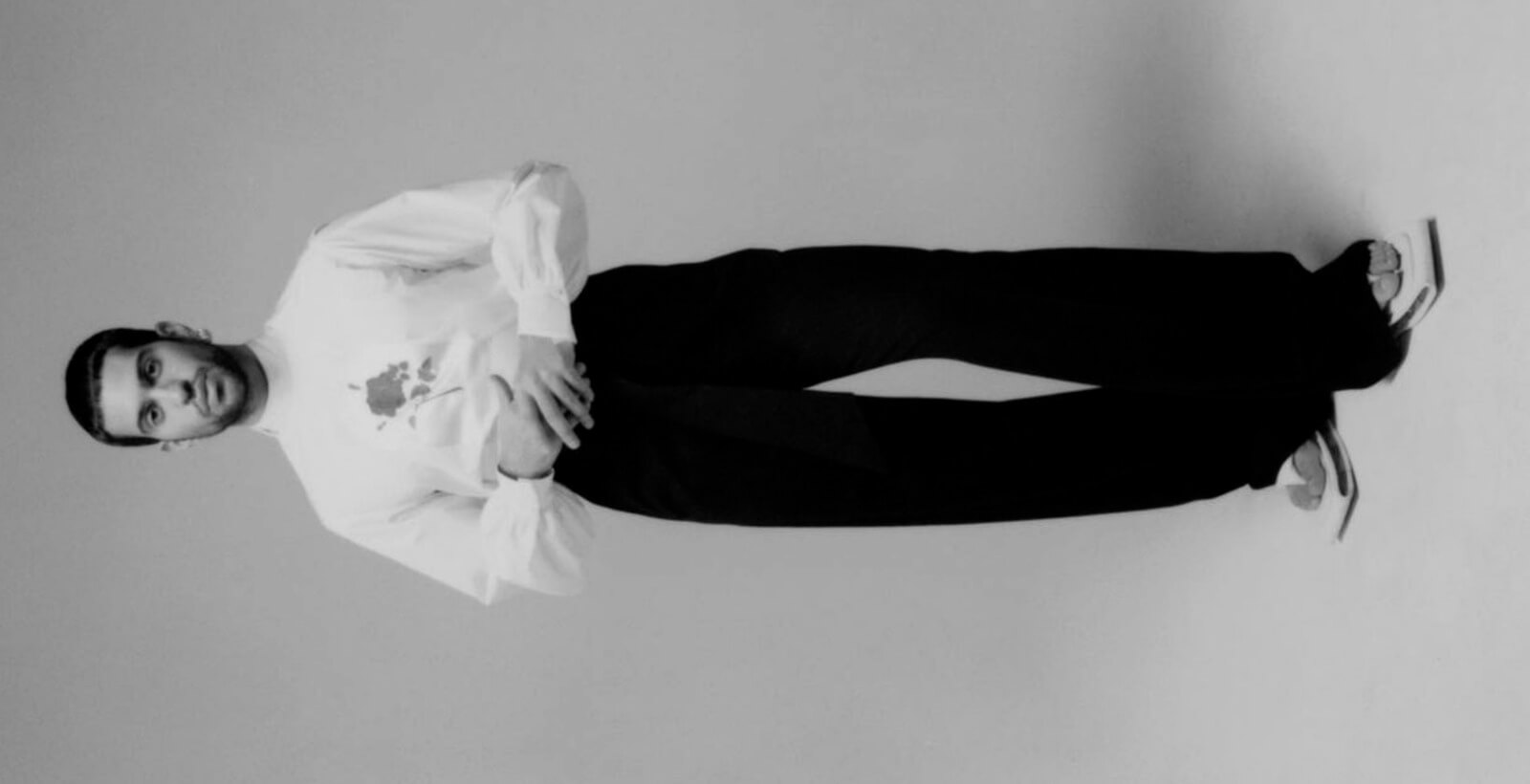
Which song is your personal favorite off of the album, if you have one?
It’s like you have a lot of songs and you have to choose one so it’s a little bit difficult for me to choose my favorite. But I can tell you that there is “T’amo” and “T’amo” is like the DNA of this album because it speaks about my mom. It’s the first song to speak about my mom and my Sardinia roots. Every time I used to speak about my Arab part, never about my Sardinian one. And I have to say I’m so happy about this song because I collaborated with a choir from my country, Orosei. It’s a feminine choir called Intrempas, and it was so nice to work with them because in this choir there are women who are 50 years old and also girls who are 12 years old, so it’s a very mixed female choir and it was super inspiring because they also sing acapella. They never sing with a [metronome] with the beat so it was an experiment also for them. And I’m so proud because at the end the producer of this song, MUUT, created this traditional mood. In these songs I put a chorus of a traditional Sardinien song called “Non potho reposare” but I do it with some modern aspects, in the voices too. At the end I think that I took something traditional and did it personal so I’m very happy with this song.
Do you talk more about your personal life in this album since “T’amo” is also more about your family and origin?
Yeah, I used to talk a lot about my personal life also in “Baci dalla Tunisia”. That is my first song that I wrote of this album. In this song I speak about my feelings and the perception of this new life because I was traveling a lot in airplanes in one day. It was a new thing for me and I put all these new thoughts in these songs. So it’s cool also for me to listen to these because I remember the feeling that I had when I started writing it.
You just released “Ghettolimpo” four days ago. Do you have any projects planned in correlation with this album release?
Yeah. I have a really super cool project that I will drop I think in the next few weeks now. I’m super happy because I will give importance to two other songs off of the album in a super cool way.
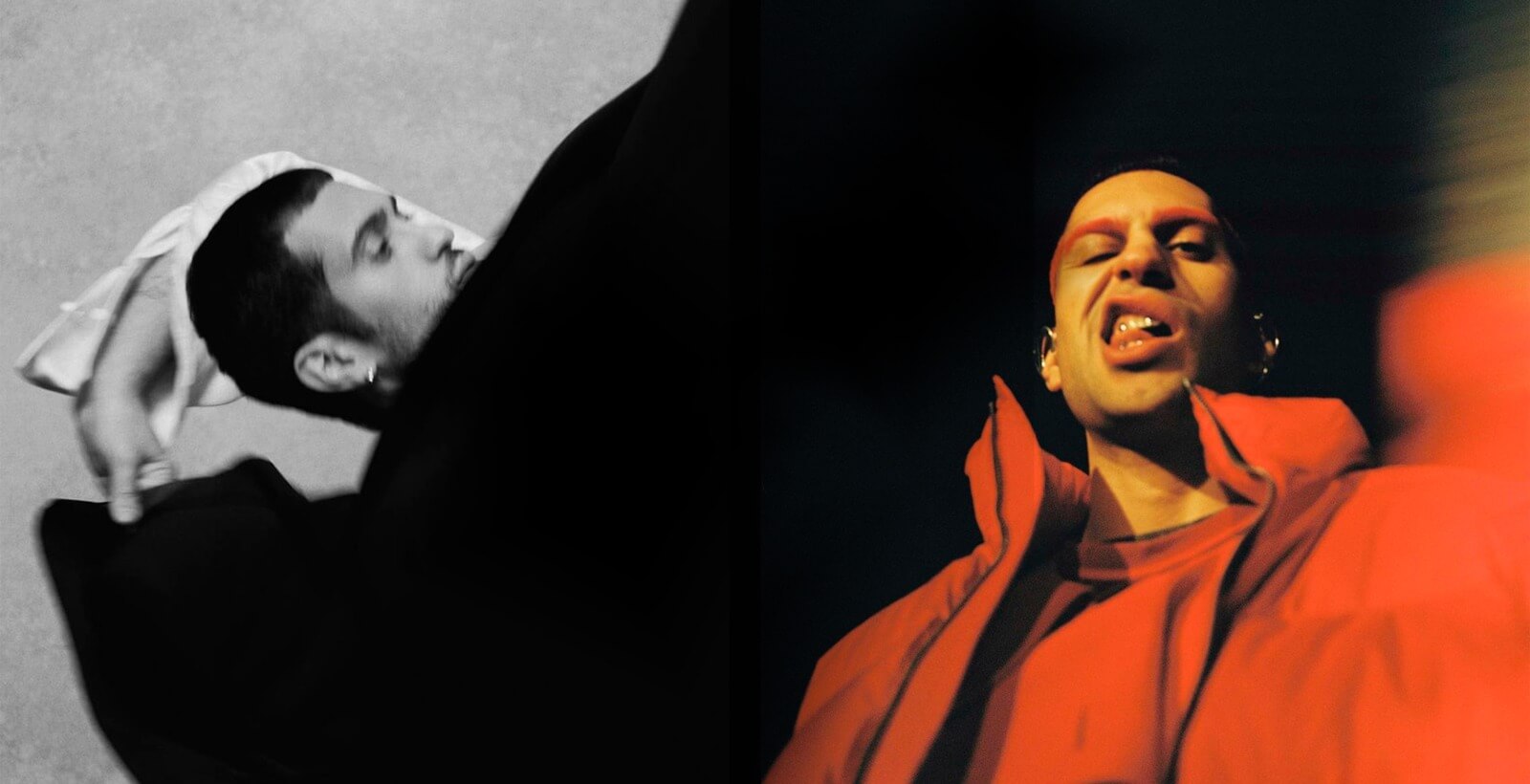
With things slowly getting back to normal, what can we look forward to from Mahmoud in the future?
You know, for me, the thing I’ve been waiting on the most is concerts. Because I miss the contact with people. For me it’s super important to watch people singing my songs because I have to understand the reactions. [On stage] with me and the band we can understand the song that people prefer with the reactions, with the way that they sing it. I hope to do it on a European tour too in Berlin. I remember my concert in Berlin because at the end of the concert one girl gave me this giant charmander plush, mama mia, and I was in love with this bellissimo plush. I hope to do [more] concerts.
Are there any artists that inspired you recently?
I’m not listening to too much new music in this period because I have to improve my focus on new music and I don’t have the mind now to do it. But I used to listen to the new album of Jazmine Sullivan, “Hotels”. I am a huge fan. I’ve been following her for [many] years and I love her voice, she is super cool. And her ways to write songs, I am a super fan.
In our last interview, you mentioned some R&B influences in your music, do you feel that multiple genres impact your music style?
Yeah, also a lot of Spanish music. I didn’t used to listen to Spanish music before but in the last two years I used to listen to a lot of Spanish music. I think that something influenced my music and my way to write songs.








